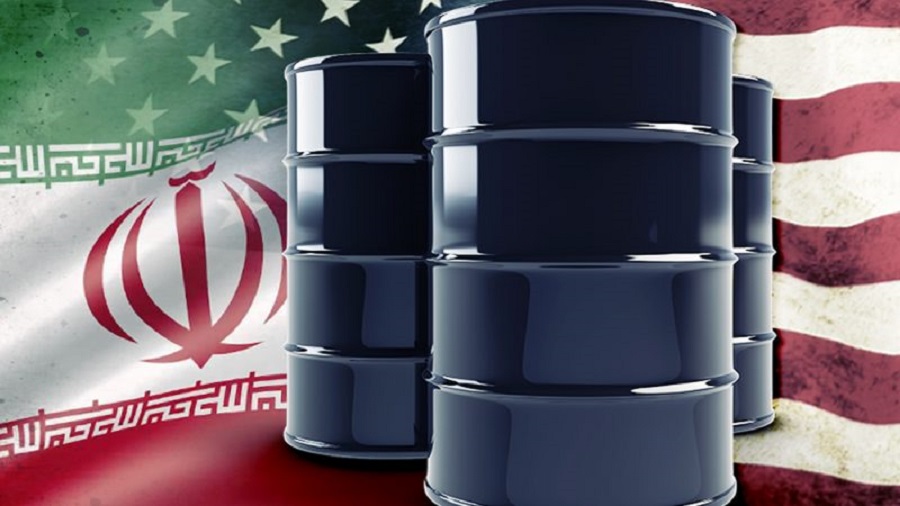Iranian authorities stated today that the United States has agreed to remove all sanctions on the Arab nation’s oil and shipping, and remove several senior officials from the U.S blacklist.
Mahmoud Vaezi, the Chief of Staff to outgoing President Hassan Rouhani, made this announcement, according to Reuters.
“An agreement has been reached to remove all insurance, oil and shipping sanctions that were imposed by (former U.S. President Donald) Trump. About 1,040 Trump-era sanctions will be lifted under the agreement. It was also agreed to lift some sanctions on individuals and members of the supreme leader’s inner circle,” Vaezi said.
Germany has, however, cautioned that major issues remained as talks between Tehran and world powers before the 2015 nuclear deal can be revived.
The backstory to Iran’s sanctions
Iran agreed in 2015 to curbs its uranium enrichment programme, a possible pathway to nuclear weapons, in return for the lifting of international sanctions. The country however did not comply as evidence of illicit nuclear activities were revealed. In response to Iran’s illicit nuclear activities, the United States and other countries imposed unprecedented sanctions to censure Iran and prevent its further progress in prohibited nuclear activities. The sanction was also to persuade Tehran, the seat of power, to address the international community’s concerns about its nuclear program.
Acting both through the United Nations Security Council and regional or national authorities, the United States, the member states of the European Union, Japan, the Republic of Korea, Canada, Australia, Norway, Switzerland, and others have put in place a strong, interlocking matrix of sanction measures relating to Iran’s nuclear, missile, energy, shipping, transportation and financial sectors.
Today, the world powers are in discussion with Iran to decide whether or not to lift the sanctions placed on the nation. Talks between Iran and the world powers were adjourned on Sunday for a break, two days after Iran held a Presidential election which Ebrahim Raisi won.
Ebrahim Raisi is an Iranian judiciary chief who is on the U.S. blacklist. He is expected to take office in August 2021.
Although the U.S has agreed to lift the sanctions, based on comments from the Western powers participating in the negotiations, the finalization of the new nuclear deal between Tehran and Washington still has a long way to go.
German Foreign Minister, Heiko Maas said on Wednesday that Tehran and the powers still had to overcome significant hurdles. He stated, “We are making progress but there are still some nuts to crack.” He said this at a news conference with U.S. Secretary of State, Antony Blinken. Heiko Maas believes that a deal was possible even after the election of Ebrahim Raisi, who is known to be a relentless critic of the West.
U.S. National Security Adviser, Jake Sullivan said on Sunday that there is still “a fair distance to travel” including on sanctions and on the nuclear commitments that Iran has to make to salvage the tattered deal.
What this means for oil price
U.S. President Joe Biden’s administration aims to restore the deal, but the sides disagree on which steps need to be taken and when to defuse mutual suspicions and ensure full compliance.
Some Iranian officials have suggested that Tehran may prefer an agreement before Ebrahim Raisi takes office, to give the new president a clean slate and avoid blame if problems subsequently arise.
If an agreement is reached, it will affect the current bull market of oil as Iran’s oil will be added into the existing supply which the Organization of Petroleum Exporting Countries and allies (OPEC+) is currently easing into circulation. This means that more supply of oil will be in circulation in the market, ultimately adversely affecting the price of oil.
Brent oil is up 1.22%, trading at $75.74 a barrel while U.S oil is up 1.15%, trading at $73.67 a barrel for the day, as of the time of writing this report.












I need 80000